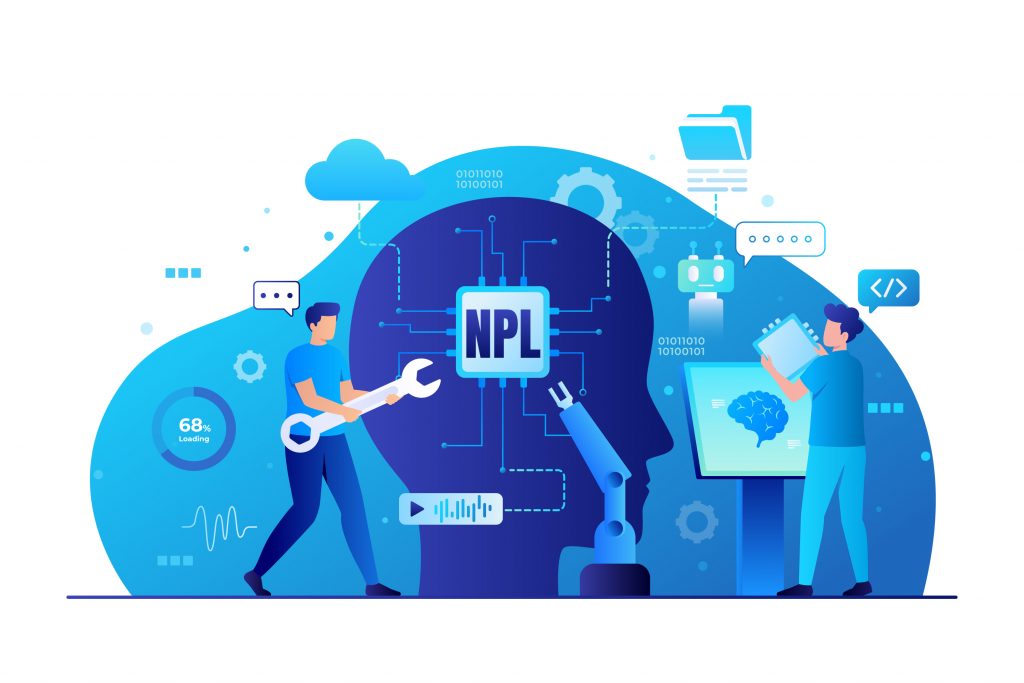ai in finance summit

Title
The Impact of Artificial Intelligence in Finance A Transformative Summit
Introduction
The fiscal assiduity is witnessing a profound metamorphosis, thanks to the rapid-fire advancement of artificial intelligence( AI) technologies. The AI in Finance Summit is a testament to the growing significance of AI in the fiscal sector, where experts from around the world meet to bandy and explore the myriad ways in which AI is reshaping the geography. This composition delves into the crucial themes and perceptivity presented at the AI in Finance Summit, pressing how AI is revolutionizing the world of finance across colorful confines.
Automating fiscal Processes=
One of the central themes of the AI in Finance Summit is the robotization of fiscal processes. AI- powered algorithms are being decreasingly employed to streamline tasks similar as data entry, fraud discovery, and threat assessment. These robotization sweats not only reduce functional costs but also enhance effectiveness and delicacy. For case, chatbots and virtual sidekicks powered by AI are perfecting client service by fleetly addressing inquiries and resolving issues, thereby enhancing the overall client experience.
Data Analytics and Predictive Modeling =
Data is the lifeblood of the fiscal assiduity, and AI is revolutionizing the way data is exercised and anatomized. AI- driven data analytics and prophetic modeling tools are enabling fiscal institutions to make further informed opinions. Machine literacy algorithms can sift through vast datasets to identify trends, assess pitfalls, and cast request movements. This position of data analysis helps fiscal professionals in portfolio operation, asset allocation, and threat mitigation, eventually leading to better investment issues.
III. substantiated Financial Services =
AI’s capability to dissect data extends to understanding client preferences and actions. fiscal institutions are using AI to offer substantiated fiscal services. Through data- driven perceptivity, banks and investment enterprises can conform their immolations to match individual customer requirements. For illustration, AI- powered robo- counsels can recommend investment portfolios that align with a customer’s fiscal pretensions and threat forbearance, making investing more accessible and substantiated.
Regulatory Compliance =
Compliance with fiscal regulations is a critical aspect of the assiduity. The AI in Finance Summit emphasizes how AI can help fiscal institutions stay biddable while minimizing the executive burden. AI- grounded results can automate the monitoring of deals, flagging potentially suspicious conditioning in real- time. also, AI can help in shadowing and clinging to ever- evolving nonsupervisory changes, reducing the threat ofnon-compliance.
Risk Management=
AI plays a vital part in threat operation, which is abecedarian to the stability of the fiscal sector. Machine literacy algorithms can assess credit pitfalls, request pitfalls, and functional pitfalls with unknown perfection. By continuously covering and assaying data, AI systems can give early warning signals, allowing institutions to take visionary measures to alleviate implicit pitfalls.
Trading and Investment In the world of trading and investment, AI is making significant raids. Algorithmic trading powered by AI can execute trades at lightning speed, replying to request oscillations in milliseconds. also, AI can dissect news sentiment, social media trends, and other unshaped data sources to make informed investment opinions. Quantitative barricade finances are decreasingly counting on AI- driven strategies to gain a competitive edge in the request.
VII. Ethical Considerations
While AI brings immense benefits to the fiscal assiduity, the peak also addresses the ethical considerations girding its use. The responsible deployment of AI is pivotal to insure fairness, translucency, and responsibility. conversations at the peak claw into the significance of bias mitigation in AI algorithms, data sequestration, and the need for robust nonsupervisory fabrics to govern AI in finance.
VIII. Cybersecurity =
ai in finance summit
As fiscal institutions come more reliant on AI, cybersecurity remains a top concern. The peak emphasizes the need for robust cybersecurity measures to cover sensitive fiscal data and AI systems from cyber pitfalls. AI can also play a vital part in enhancing cybersecurity by relating anomalies and implicit breaches in real- time.
Algorithmic Trading:= AI-driven algorithms execute trades at high speeds, leveraging data to make inves
=Risk Assessment:= AI assesses and manages financial risks more accurately by analyzing vast datasets.
=Fraud Detection:= AI detects fraudulent transactions by identifying unusual patterns and behaviors in real-time.
=Customer Service Chatbots:= AI-powered chatbots provide customer support, answer queries, and assist with transactions.
ai smart amzon Alexa (Black)
=Credit Scoring:= AI analyzes creditworthiness based on a broader range of data, enabling fairer lending decisions.
. =Portfolio Management:= AI recommends personalized investment strategies based on individual goals and risk tolerance.
=Natural Language Processing (NLP):= AI analyzes news and social media sentiment to predict market trends and news impact.
=Regulatory Compliance:= AI ensures financial institutions adhere to complex regulations by automating compliance checks.
=Personal Finance Apps:= AI-driven apps offer budgeting, savings, and investment advice to individuals.
=Quantitative Analysis:= AI enhances data-driven decision-making for hedge funds, investment banks, and asset management.
Conclusion
The AI in Finance Summit serves as a testament to the transformative power of artificial intelligence in the financial industry. From automating financial processes to enhancing data analytics, personalizing financial services, and improving risk management, AI is reshaping every facet of finance. However, as the industry embraces AI, ethical considerations and cybersecurity must remain at the forefront of discussions. The future of finance is undeniably intertwined with AI, and financial professionals must adapt to this rapidly evolving landscape to remain competitive and deliver value to their clients and stakeholders.
ai in finance summit thank
what is AI // क्या है ai //type of ai
Reinforcement learning- (RL)-What is RL in reinforcement?-introduction
first Python programming-introduction Python programming
FAQ
How important is AI in finance?
AI is critically important in finance, revolutionizing processes, enhancing decision-making, and driving efficiency and innovation.
What is an example of AI in finance?
One example of AI in finance is the use of robo-advisors, which employ AI algorithms to provide automated, personalized investment advice and portfolio management to clients.
Why AI is the future of finance?
AI is the future of finance because it improves efficiency, enhances decision-making, enables personalized services, and helps manage risks in an increasingly data-driven and complex financial landscape.


